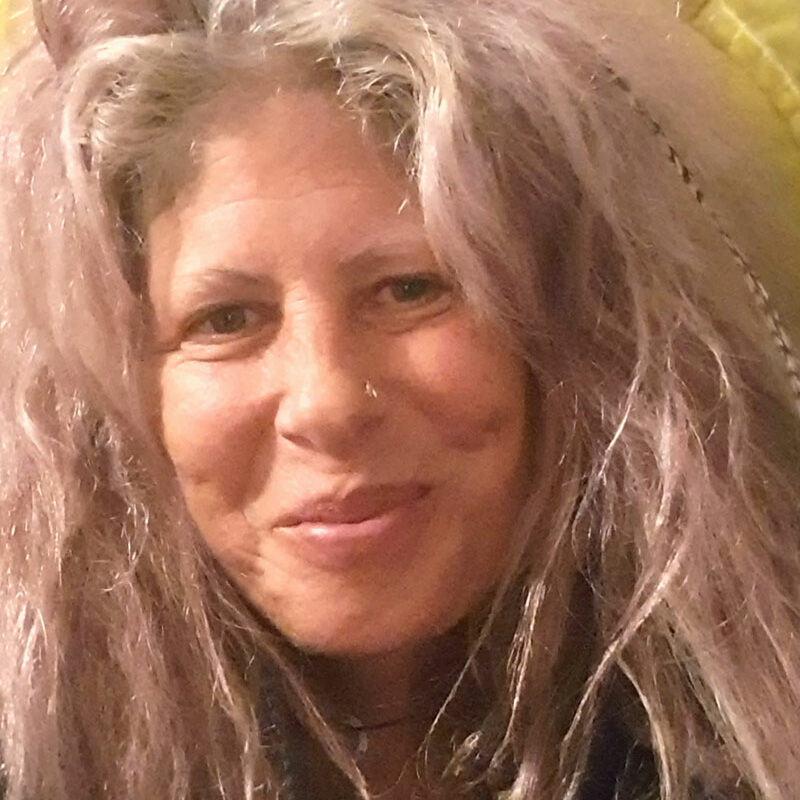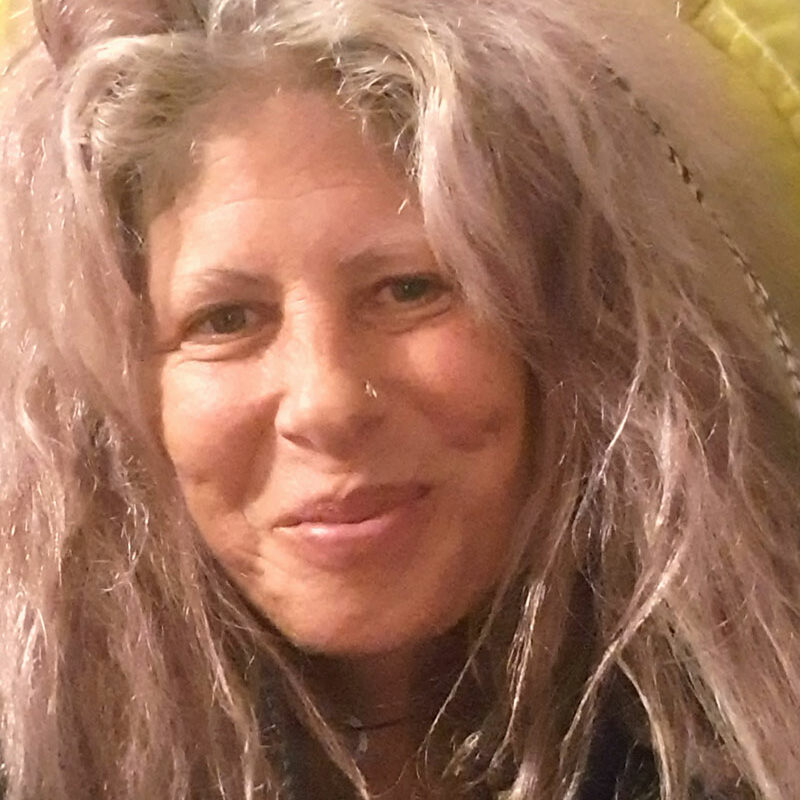A deep, creative and transformative process, which supports you through your holistic awakening journey and individual personal health revolution
Talking About Food Addiction
Talking About Food Addiction
‘Talking About Food Addiction’ by Nigel Summerley and Rowena J Ronson
NS: Karen Carpenter was a beautiful young woman with a sublime singing voice – and she was a great drummer. You don’t get many combinations better than that. She should surely have had a happy and fulfilling life; but at the age of 32, she was dead from anorexia. Why would someone who appeared to have it all bring about, in effect, their own death? And why does our relationship with food seem to play such a large role in some mental and emotional dramas?
RJR: Your words bring up a lot of questions for me, including what does it mean to be happy? There is also a ‘should’ in what you are saying. Should Karen Carpenter have been happy and fulfilled, following her purpose in life. If only the human brain were that simple. If we were all content, would none of us have an eating disorder? What do you think?
NS: I was probably saying something naive to suggest that musical brilliance would equate to a happy life. How much great music has been created by troubled souls? And it may well be that contentment eludes almost all of us. But how does discontent become linked to food? Is this all about our image of ourselves? Or is there also something else going on?
RJR: It seems musical brilliance can often lead to the exact opposite of a happy life. Kurt Cobain, Nick Drake, Ian Curtis and Jimi Hendrix are examples of those troubled souls you mention. As for food, we derive such comfort from eating, don’t we? An unhealthy relationship with food is encouraged from when we are very young. Our parents control us by depriving us of or treating us with food. Young babies can take some control back by not eating and seeing the impact it has on the emotions of the caregivers. I think food issues such as anorexia go way deeper than image…
NS: Yes, food can be very comforting and very satisfying – and instantly. In this respect, it may be much more potent than the other things we seek to give us comfort and satisfaction. But if it fails to give sufficient comfort, do we then feel we have to have more of it? Is this one of the roads to obesity? Food also does seem to be tied up with reward and punishment – and that presumably can include punishing ourselves, either through giving ourselves too much or too little food. If food were not so readily available as it is in the so-called developed world, would it be the potential problem that it is? Have we lost sight of what food is actually for?
RJR: From working with a great many binge eaters, I hear that mostly the overeating leads to discomfort. On a basic level, though, we all overeat. We all put way too much focus on food. We need far less than we feel we do – and this obviously does not just relate to food. And our minds become very used to excess. What feels like a normal portion one day, can subtly be expanded to a whole new ‘normal’, and it goes on. I agree that reward and punishment play their part in our food story. Small children often feel they can take control of their parents by using food as leverage. And this of course stems from society where food is given as treats. From the patients that I have seen with anorexia, I don’t think that they believe that they are punishing themselves by not eating. And I am not sure it is about availability of food either. It goes a lot deeper than that.
NS: If food were not so readily available – and over-available – would food-related problems still exist? I’m sure you’re right that we all eat too much, putting our bodies under excessive strain through having to process it all. But if anorexia has very little to do with food, as seems likely, then what do you think is going on?
RJR: You ask good questions. I guess there are not many overeaters in Tanzania! But over here in the West, we are conditioned to base everything around eating. In terms of anorexia, each person tells their own story. What do you think might be a reason to start that level of control over oneself?
NS: It does seem to be about control in some way. But is it control taken to the point of self-harm? Discipline taken to a point where it is almost punishment? You have said that it is not about punishment and imply that it is more about self-control. We usually use the term self-control as a virtue. Does the anorexic see their behaviour as virtuous or good? Could it even be more than control? A sort of triumph of the mind over the body?
RJR: Good questions, and I am sure it is different for different people. The control and lack of control all seem part of it. Seeing it as a triumph would be a delusion anyway. All of this lies in the unconscious mind, so we can only guess what is going on for each individual, and they will not really know either….
NS: In that case, is it as far as we can go to say that somehow the outer reflects or exhibits the inner. That the physical appearance is indicative of the inner turmoil – just like a frown or a grimace but more extreme, and more “controlled”? Is it a form of wordless language – saying something like: “Look, this is what is going on inside me”?
RJR: And that is a great question with which to open up this discussion to our audience. I invite our readers to contribute.

Rowena J Ronson
Rowena J Ronson Shape-Shifter Intuitive Natural Medicine Healer Homeopath Counsellor Functional Medicine Individuals, Relationships & Families For You
1 Comments
Leave a Comment

Rowena J Ronson
Rowena J Ronson Shape-Shifter Intuitive Natural Medicine Healer Homeopath Counsellor Functional Medicine Individuals, Relationships & Families For You
1 Comments
-
I relate to struggles with food. I know in my heart that it is not a reward but my mind struggles to avoid reaching for something delicious during tough times. A recent reminder from Rowena about the importance of protein, remembering to include some in every meal has actually really helped me balance out my moods so I know they are related. I would seriously like to sort out my food relationship once and for all. One step at a time.

I relate to struggles with food. I know in my heart that it is not a reward but my mind struggles to avoid reaching for something delicious during tough times. A recent reminder from Rowena about the importance of protein, remembering to include some in every meal has actually really helped me balance out my moods so I know they are related. I would seriously like to sort out my food relationship once and for all. One step at a time.